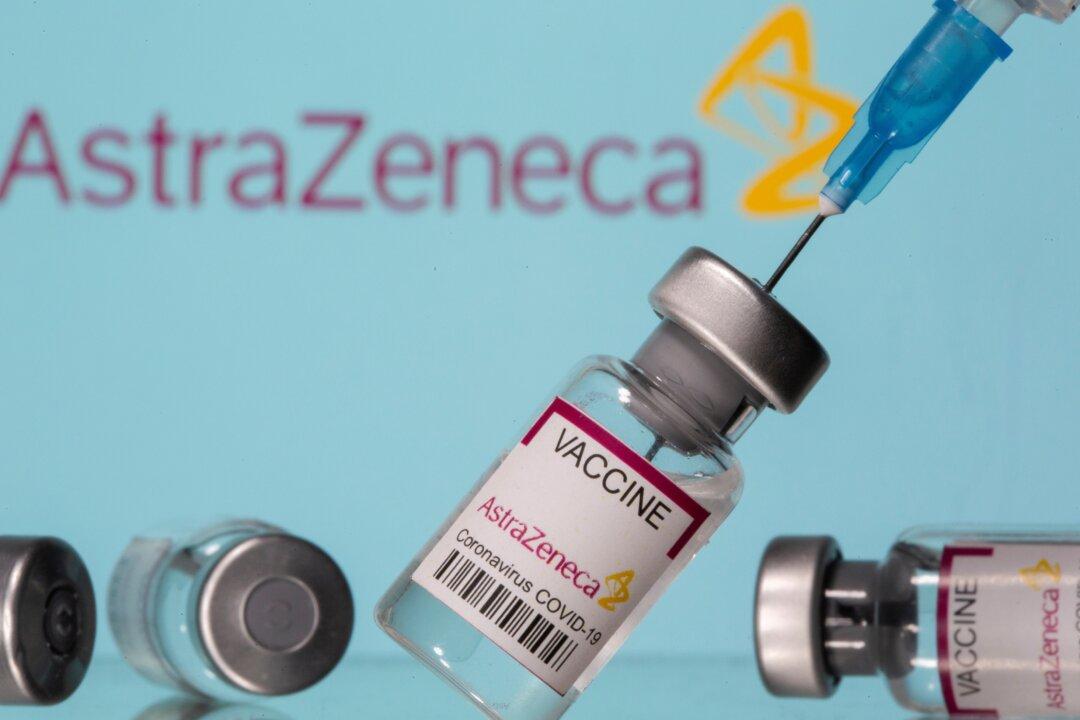Commentary
Following 20 million AstraZeneca jabs so far administered in the UK there have been 79 blood clot cases recorded, from which 19 deaths have occurred. The UK government’s Medicines and Healthcare Products Regulatory Agency (MHRA) concludes that roughly one in 100,000 young adults are likely to develop these types of blood clots after taking the AstraZeneca vaccine.





